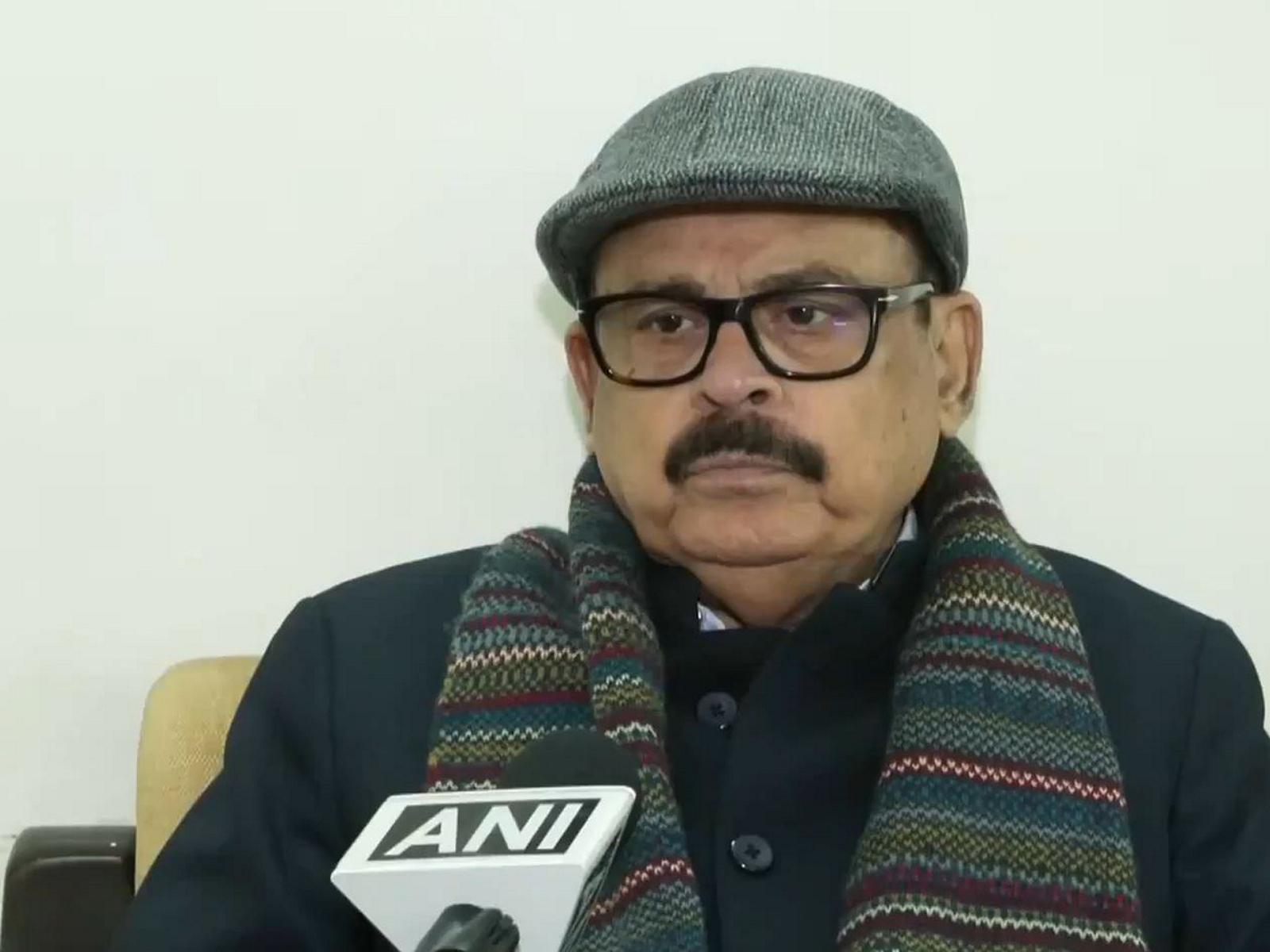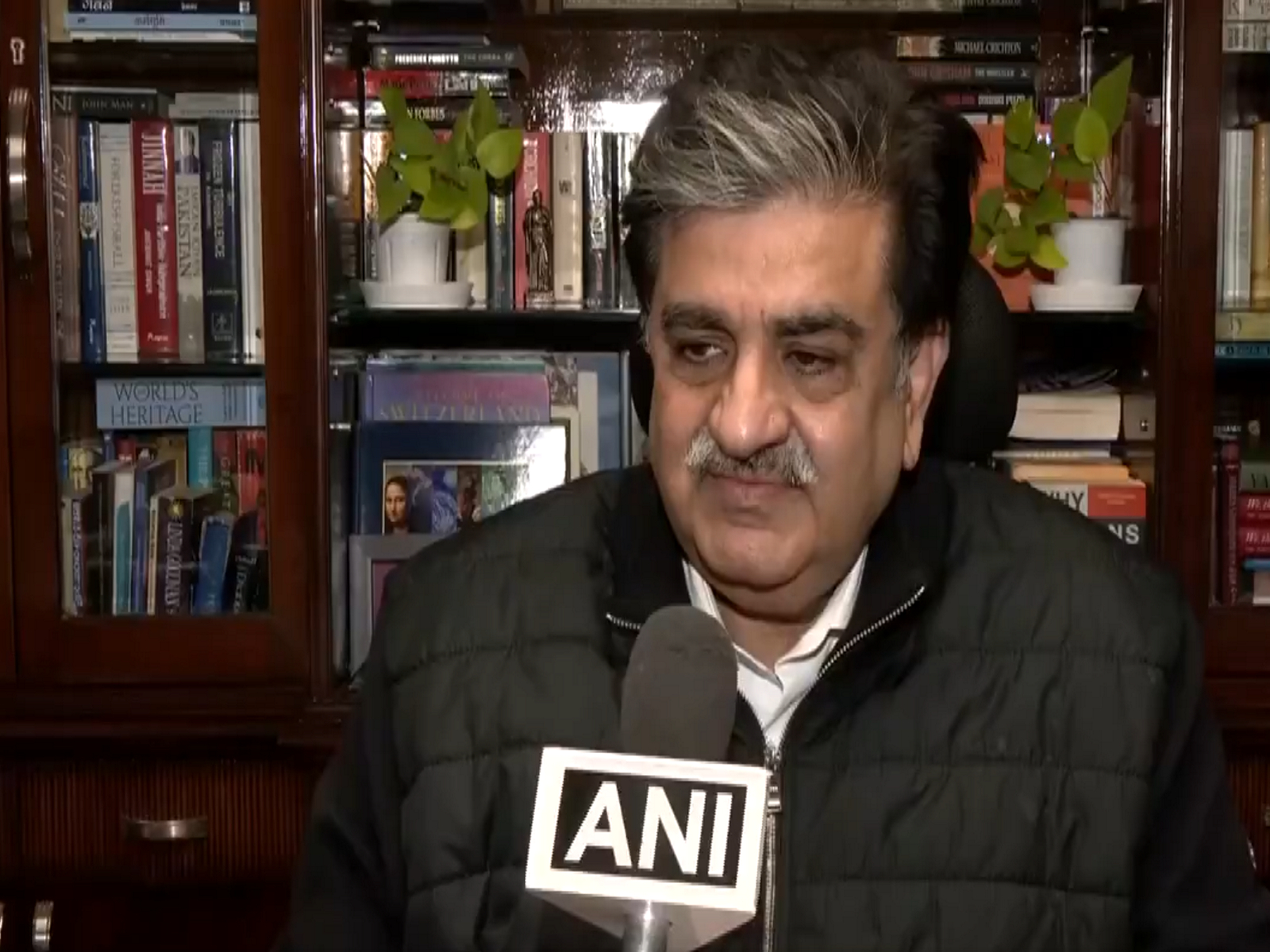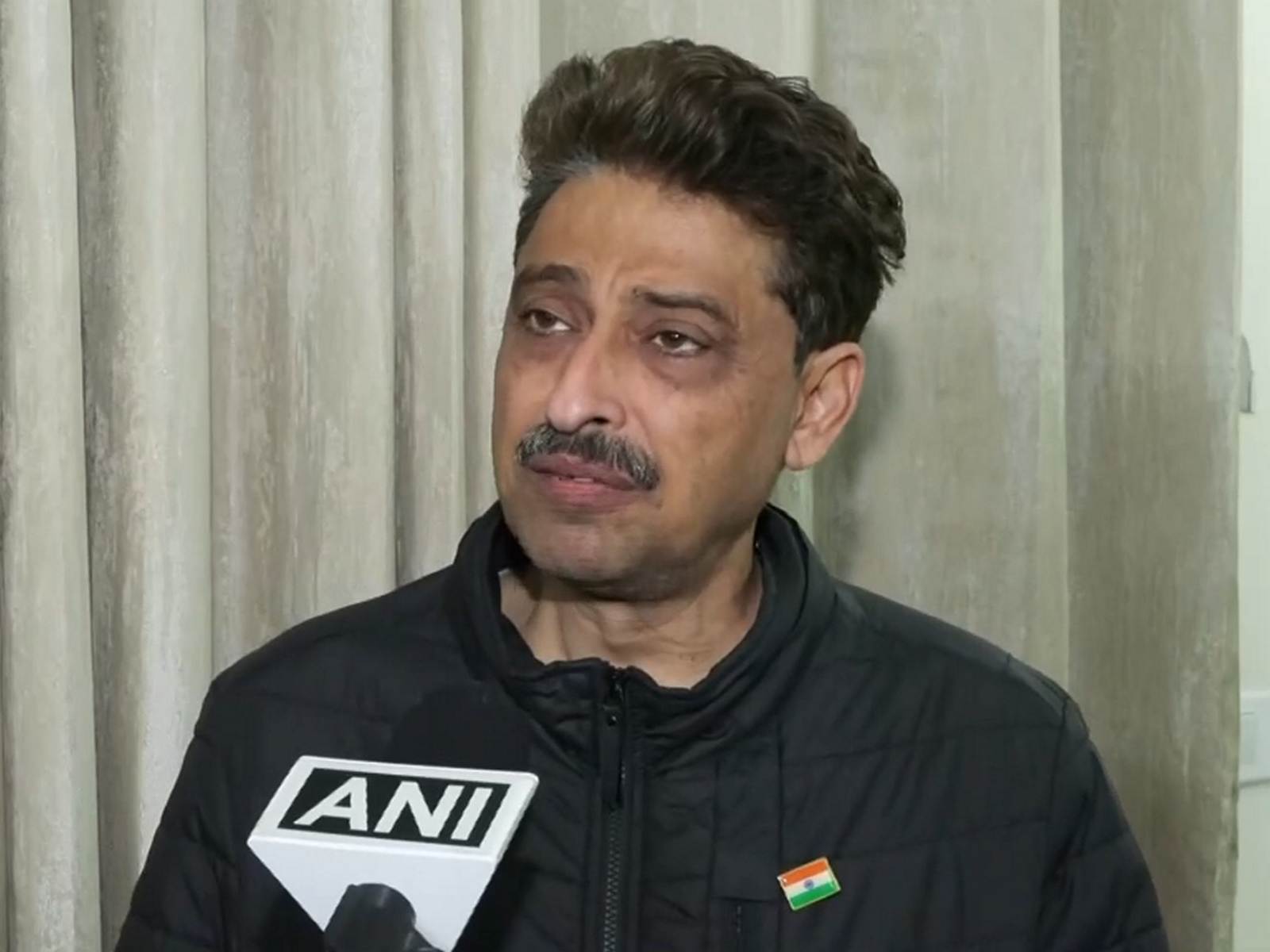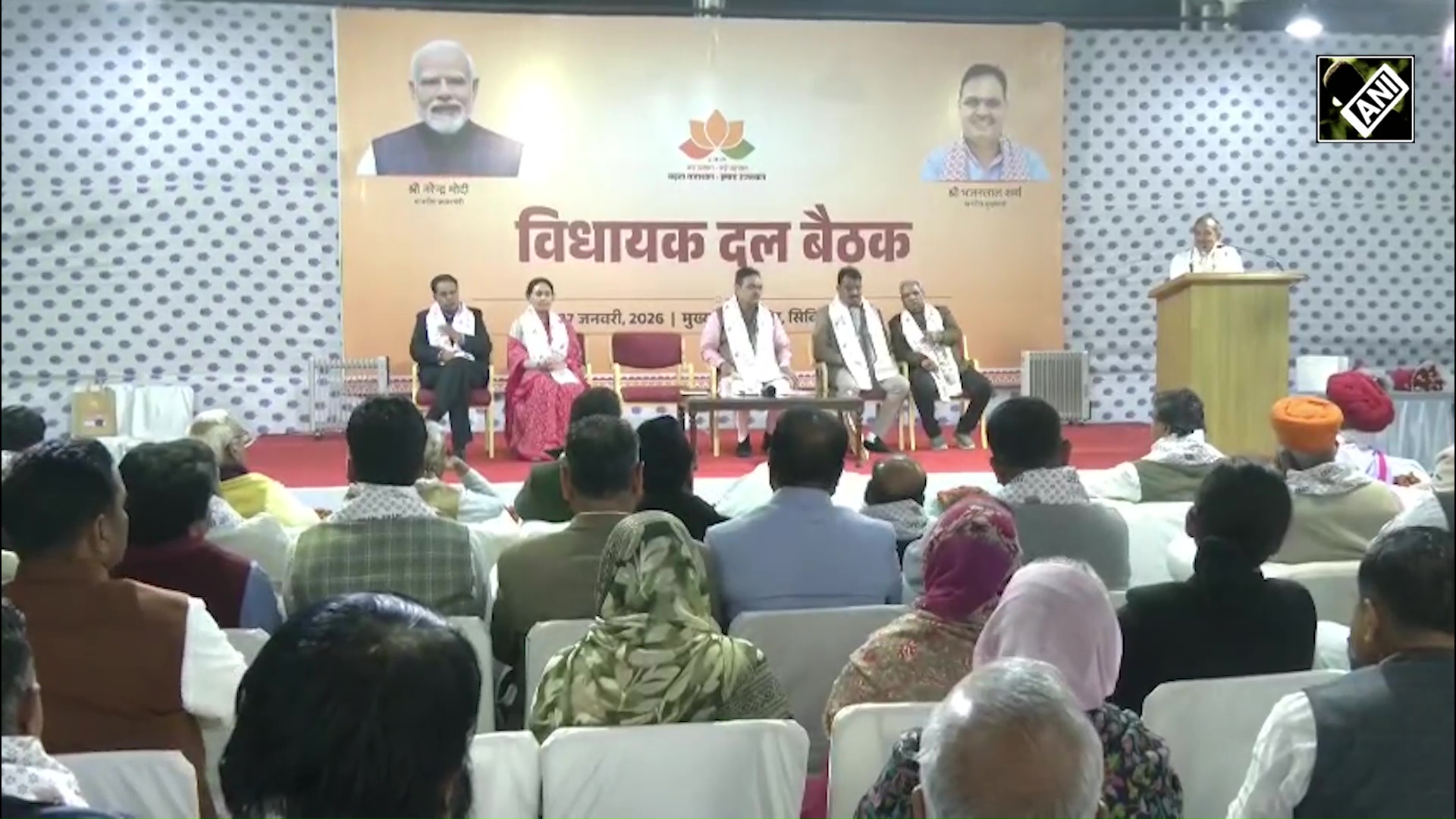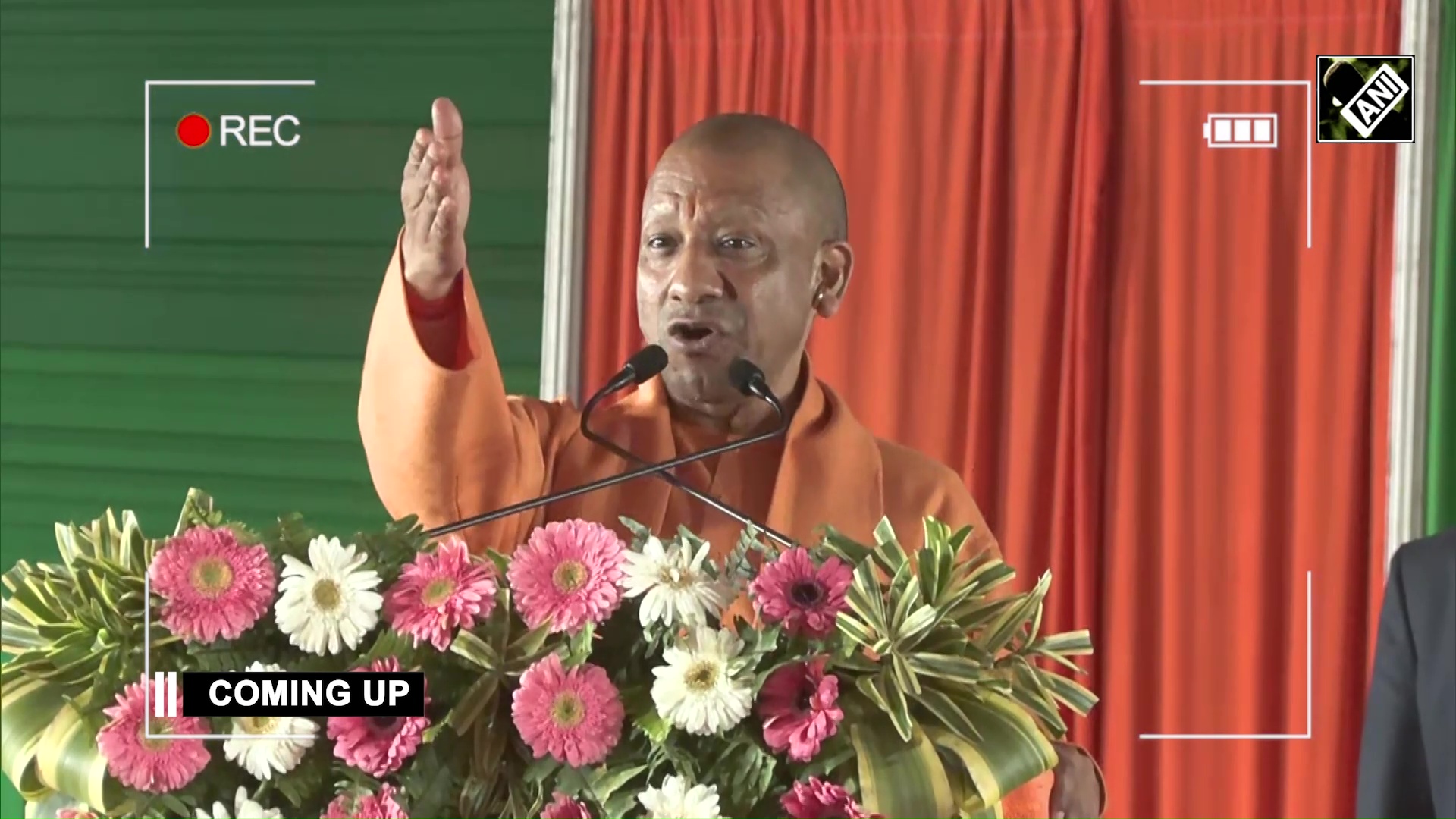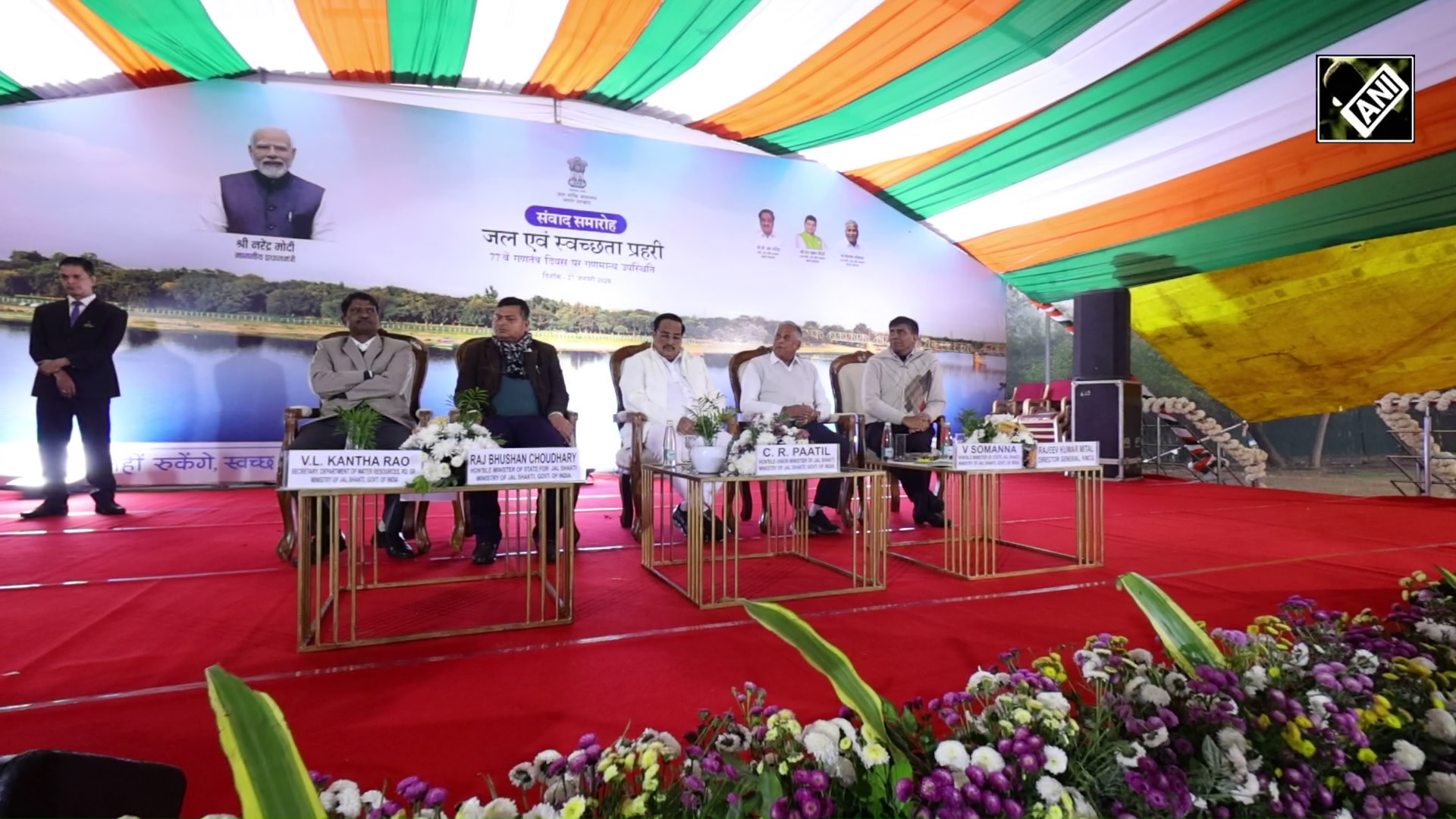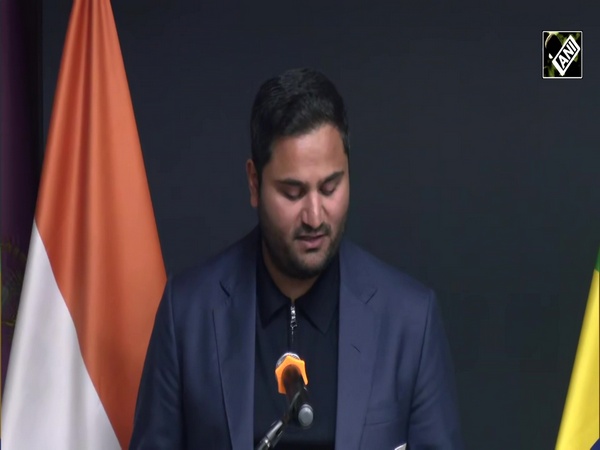Delhi's air quality in "very poor" category, overall Air Quality Index at 351
Oct 21, 2025
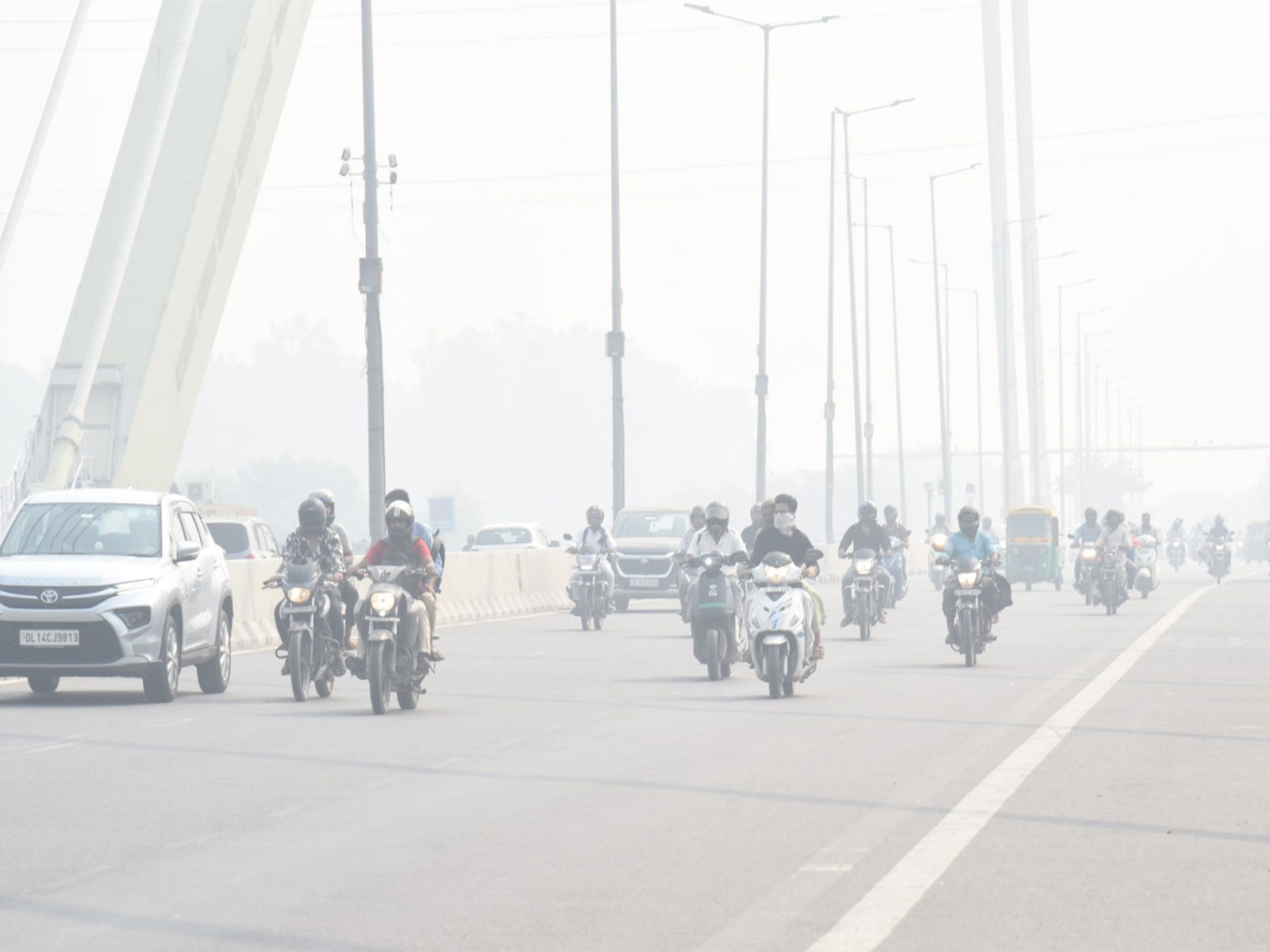
New Delhi [India], October 21 : Delhi's air quality was in the "very poor" category on Tuesday, a day after Diwali, with Graded Response Action Plan (GRAP) II norms already in force.
According to the Central Pollution Control Board (CPCB), the overall Air Quality Index (AQI) in Delhi stood at 351 as of 4 pm today.
Bawana recorded an AQI of 424 and remains the only area with air quality that falls under the 'severe' category. AQI in Anand Vihar stood at 332, Ashok Vihar 373, Burari Crossing 388, IGI Airport (Terminal 3) 295, ITO 349, Lodhi Road 334, Mundka 380, Najafgarh 312, Narela 363, Patparganj 320 and Punjabi Bagh 399.
Commission for Air Quality Management in NCR and Adjoining Areas' (CAQM) sub-committee on GRAP comprehensively reviewed the air quality scenario in the region as well as the meteorological conditions and air quality forecasts on Sunday and took a call to invoke the 12-point action plan as per Stage-II of the extant GRAP in the entire National Capital Region in an effort to prevent further deterioration of air quality.
Health experts have raised concerns about the rising Air Quality Index (AQI) and its impact on vulnerable groups, particularly children, the elderly, and those with respiratory ailments.
Dr. Nikhil Modi, Respiratory Medicine Specialist at Apollo Hospitals, explained the seasonal factors contributing to the spike in pollution.
"As winter approaches every year, we see the AQI start to rise because as the air cools, the wind speed decreases, and cold air does not rise, causing pollution to accumulate at lower levels. Before Diwali, we started seeing that the AQI was rising, and after Diwali, it was expected that the AQI would rise further. As soon as pollution increases, people with allergies and lung problems face issues like difficulty in breathing, coughing, watery eyes, and other symptoms," Dr. Modi said.
"To protect yourself, we must take preventive steps and have our medicines if there is an allergy or breathing problem. Children and elderly people should avoid going outdoors and wear masks whenever they go out," he added.
Dr. Dhiren Gupta, Co-Director and Paediatric Pulmonologist at Sir Ganga Ram Hospital, also highlighted the severe impact of pollution on children and pregnant women.
"Organs of children are delicate, and anything that affects delicate organs is more harmful. Pollution is detrimental to those suffering from asthma or other respiratory problems. If a normal person breathes in highly polluted air, changes occur in their lungs that can lead to pollution-induced asthma. Pollution affects pregnant women but also children. The biggest problem is vehicular pollution," Dr. Gupta stated.


